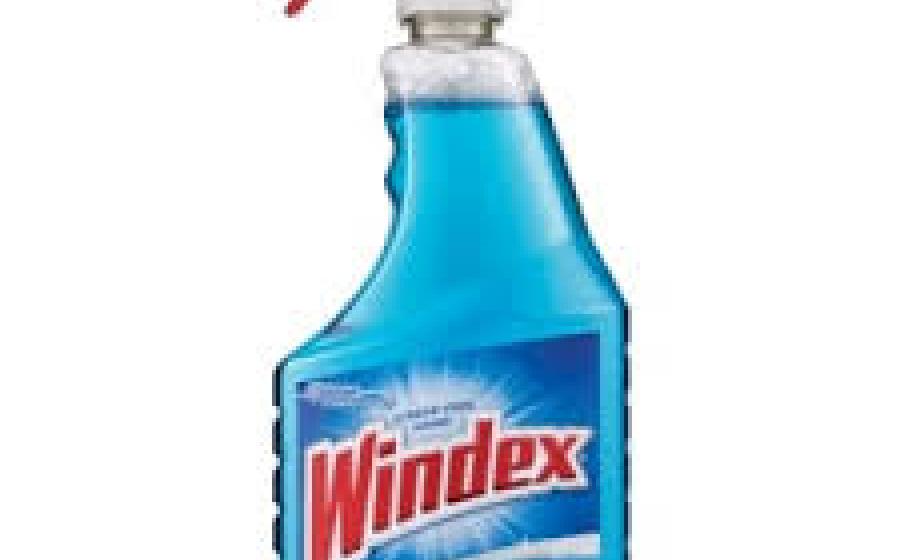
As part of its ongoing commitment to tackling the problem of plastic pollution in our oceans, SC Johnson has announced that it will launch the industry’s first product that uses 100 percent recycled ocean plastic in a major home cleaning brand. That product is part of the ubiquitous Windex® brand, one of the company’s most popular brands and a household favorite for the past 86 years.
“With over 5 trillion pieces of plastic debris in the ocean, conditions are continuing to get worse and worse,” said Fisk Johnson, Chairman and CEO of SC Johnson. “The Windex bottle is just one of the many ways we are not only providing solutions to combat ocean pollution but taking action to make these solutions a reality.”
The Windex® Vinegar Ocean Plastic bottles are an everyday offering, and will be made available at North American retailers such as Target and Walmart. As many as 8 million units will hit retail shelves this spring. The new product is the world’s first glass cleaner bottle made from 100 percent recycled ocean plastic, and it is also non-toxic and cruelty-free.
Plans are underway to launch a 100 percent Social Plastic® Windex® bottle with Plastic Bank by fall of 2019. This product is another milestone in the company’s efforts to tackle ocean plastic pollution.
This product is innovative and unlike anything else on the market as it will include recycled ocean-bound social plastic sourced by Plastic Bank from Haiti, the Philippines and Indonesia, which not only helps the environment but also provides social benefits to people living below the poverty level. Under this program, the company is now creating recycling programs as part of the solution to stopping ocean-bound plastic and addressing poverty at the same time. The program is designed to educate on recycling and get people to live with and use plastic responsibly. Each bottle will represent a new source of income or economic opportunity for the program’s participants.
“The goal is to create recycling infrastructures to help minimize plastic waste and address the challenges of poverty at the same time,” said Johnson. “This is a massive environmental issue, and it is going to take businesses, governments, NGOs and civil society working together to solve it.”
